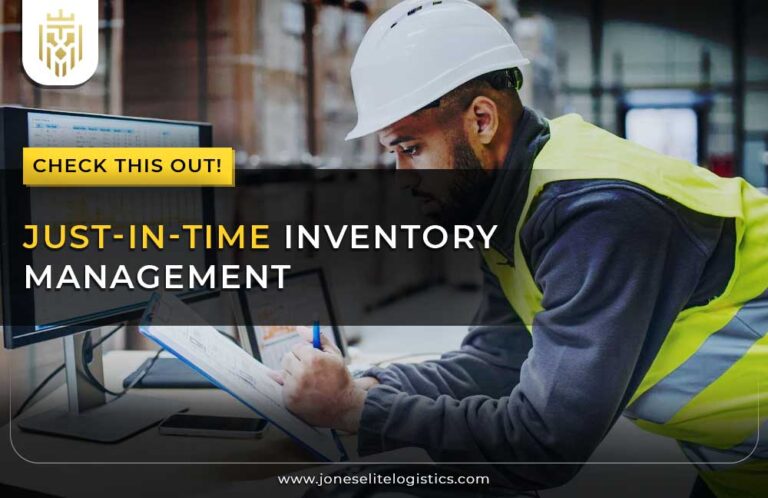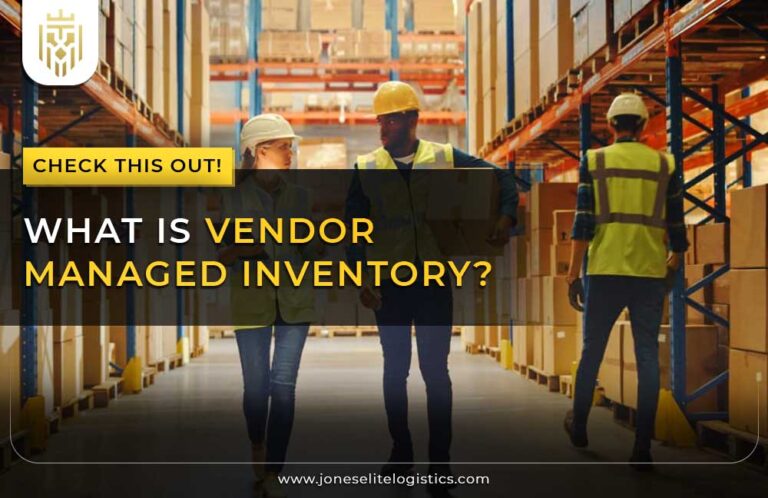What is a Public Warehouse?
A public warehouse is a depot where goods and products can be stored and may be used by many companies. These are short-term storage facilities designed for handling inventory fluctuation and are usually operated by third-party logistics companies. Businesses pay for facilities within public warehouses for product storage without having to invest in individual company-owned warehouses.
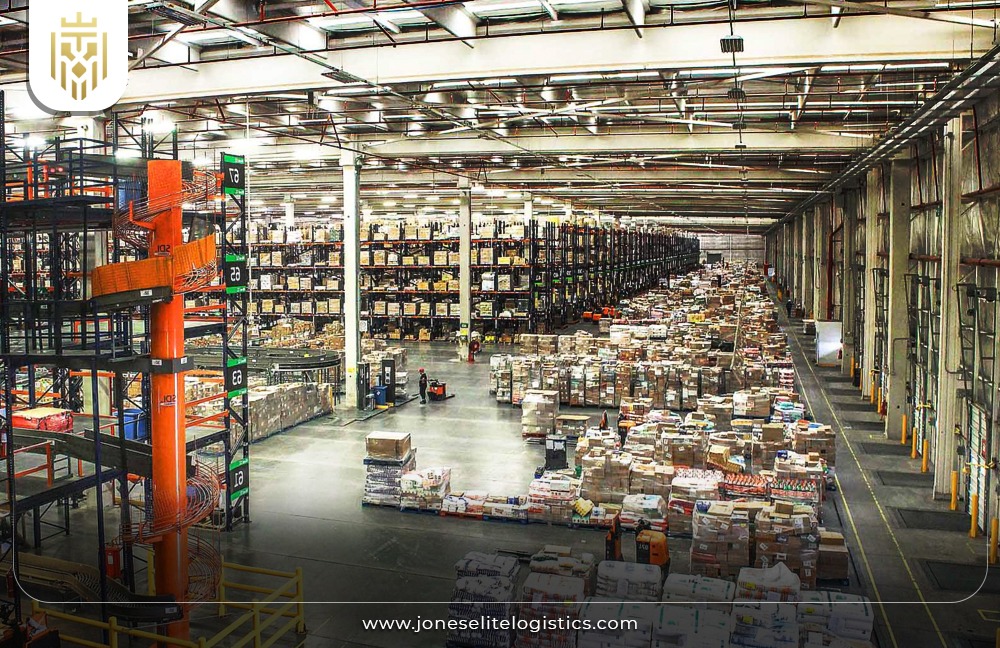
What types of companies use Public warehouses?
Public warehouses are used by many forms of companies, including retailing, manufacturing, e-commerce, and importing/exporting types of businesses. It plays a significant role in managing inventory needs for businesses and the ability to scale with companies to offset changes in demand.
Things to consider for a Public Warehouse Space:
When choosing a public warehouse space companies should look at issues like; location, technology support, cost, security, and whether it can support their type of storage needs. Also, the rating of the warehouse should be considered, as well as the quality of the service provided.
Geographic Position:
Location is critical in the case of public warehouses, especially when considering the flow of products in and out of the warehouse. The need to store equipment in a strategic warehouse also enables organizations to cut costs of transportation, increase delivery time, and improve the supply chain. Customers, ports of entry as well as highly trafficked roads and areas of operations should be near or easily accessible.
Technology:
Contemporary public warehouses should use better technology for instance warehouse management systems, AS/RS, and inventory tracking systems. These technologies enhance precision, productivity, and timeliness on positions and quantities of inventories.

Growth Mindset:
When expecting growth, it is crucial to select a public warehouse with a growth-oriented culture. It is possible for a warehouse to have solutions, space configurations, and values that are adaptable and may prove beneficial to a company now and in the future as it grows.
Types of Public Warehouse:
Several types of warehouses exist for the storage of several items, as they consist of different properties that are suitable for certain conditions. We shall be going through some of these types:
Cold Storage Warehouse:
Cold storage warehouses are a type of facility professionally designed for the storage of perishable items under certain temperatures. These warehouses are significant to companies dealing with food products, pharmaceuticals, or any other products that need to be stored under certain temperatures to remain properly conditioned and safe for human consumption.
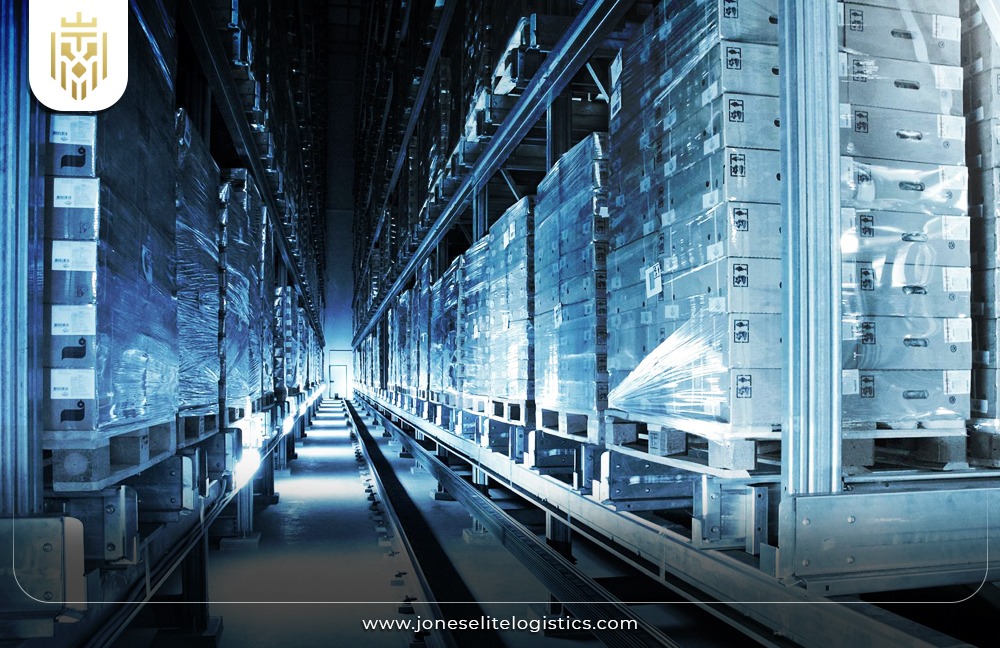
Special Commodity Warehouse:
The special commodity warehouses are meant for storage of some particular types of commodities that might include articles that are hazardous, articles that are in bulk liquid form, or articles that are of very high value. They are designed to possess certain facilities to store such commodities and these facilities are assigned special standards that must be complied with.
Bonded Warehouses:
Bonded warehouses are special buildings wherein imported commodities can be placed and utilized without having to pay customs fees immediately. These warehouses are helpful for companies that engage in the import/export business since companies can pay customs duties on the products at a later date when they sell them or when it is liberated from the warehouse.
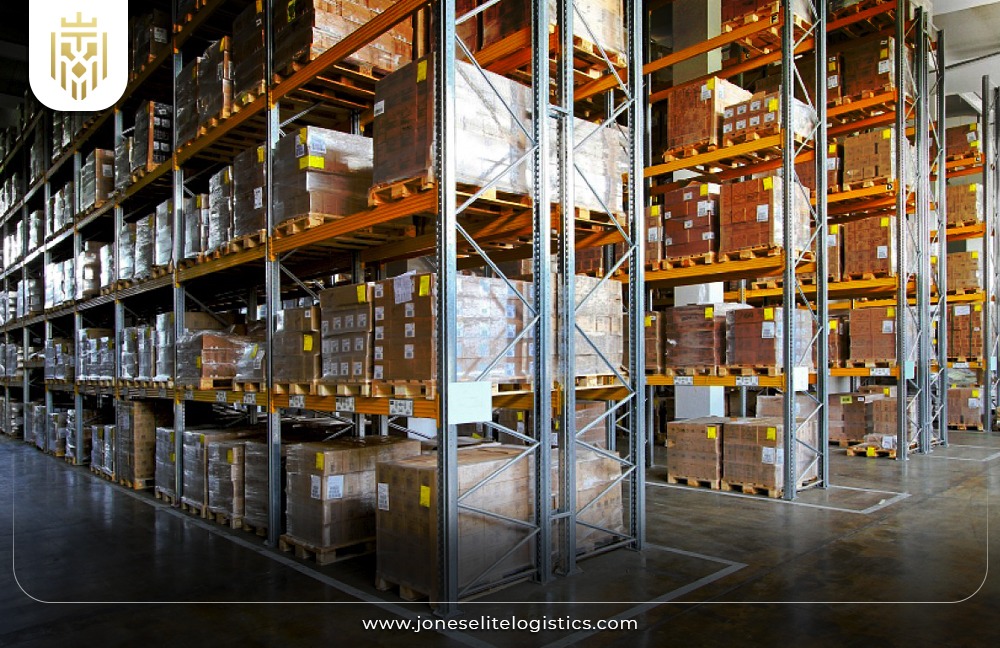
On-demand Warehouse:
On-demand warehouses provide readily available, short-term storage that can be reshaped to accommodate the specific size of businesses for a certain amount of time. They are commonplace for businesses that may have variable goods inflows or outflows over certain time periods of the year or any other times of the year for that matter.
General Merchandise Warehouse:
General merchandise of a warehouse means that the goods to be stored and sold are not perishable and can be almost anything. General merchandise industries can employ them since they are useful for commodities such as home goods, electronics, and clothing among others. These kinds of warehouses give the opportunity to organize versatile and very cheap storage.
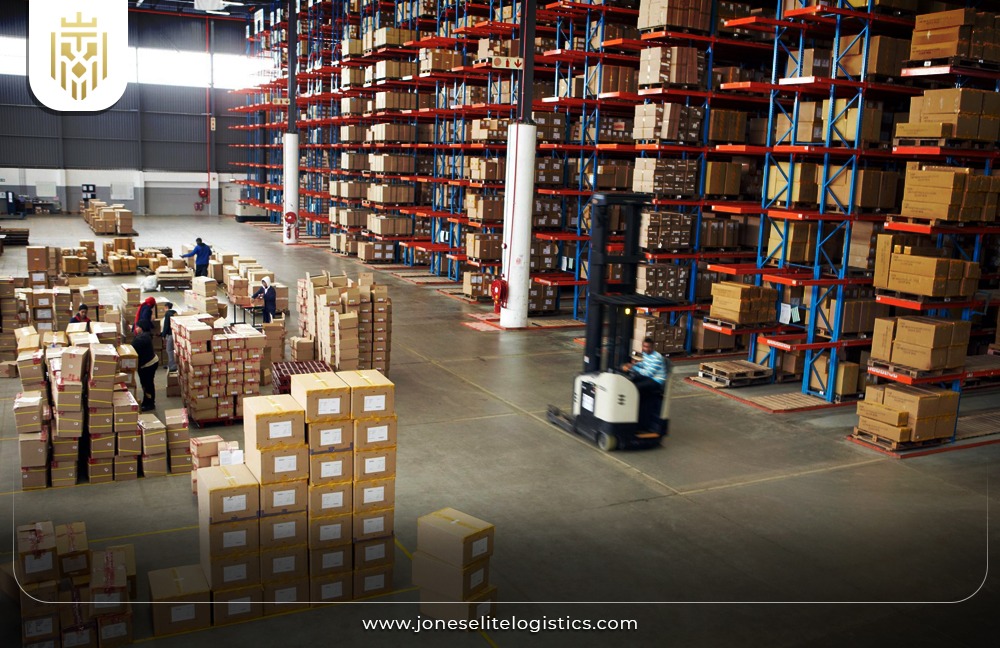
Benefits of Public Warehouse:
Industries benefit vastly from the availability and affordability of warehouses, as the savings obtained can be added to their net profit. We shall be going through such benefits:
Flexibility:
Public warehouses have flexibility in the areas of space and time, that is, the business people are free to make changes in the general inventory storage based on the prepared pattern that is attributed to changes in the market demand. This feature is highly suitable for businesses that experience varying sales throughout a given year or businesses selling products with fluctuating stock.
Cost Savings:
The use of public warehouses is said to have a cost advantage over storing goods in private ones. This way business owners do not have to invest in purchasing and maintaining a private warehouse, instead only supply & demand the space and services they require in it.
Scalability:
Larger warehouse facilities are convenient as they are flexible, which means a business can reduce or increase the space it uses as it deems fit. This scalability is healthy for business and is rather helpful to guarantee firms’ flexibility in various conditions without being locked into expensive overhead costs.

Location:
Some of the public warehouses are located at strategic centers with business access like highways, ports, and airports’ proximity. By doing so, this positioning enables enterprises to cut down on the expenses related to transportation, delivery time, and supply chain organization.
Organisation:
Public warehouses provide facilities with organized ways for the storage of goods with inventory tracking systems for easy handling of goods. This particular organization helps in minimizing mistakes more so in the operational processes and also in the ways to manage inventory.
Security:
To protect inventories stored in public warehouses, authorized security features include surveillance cameras, gate security, security staff, and security measures. These specifics safeguard the goods that are stored from theft, damages, and anyone’s access to them hence helping to ensure the goods remain safe and intact.
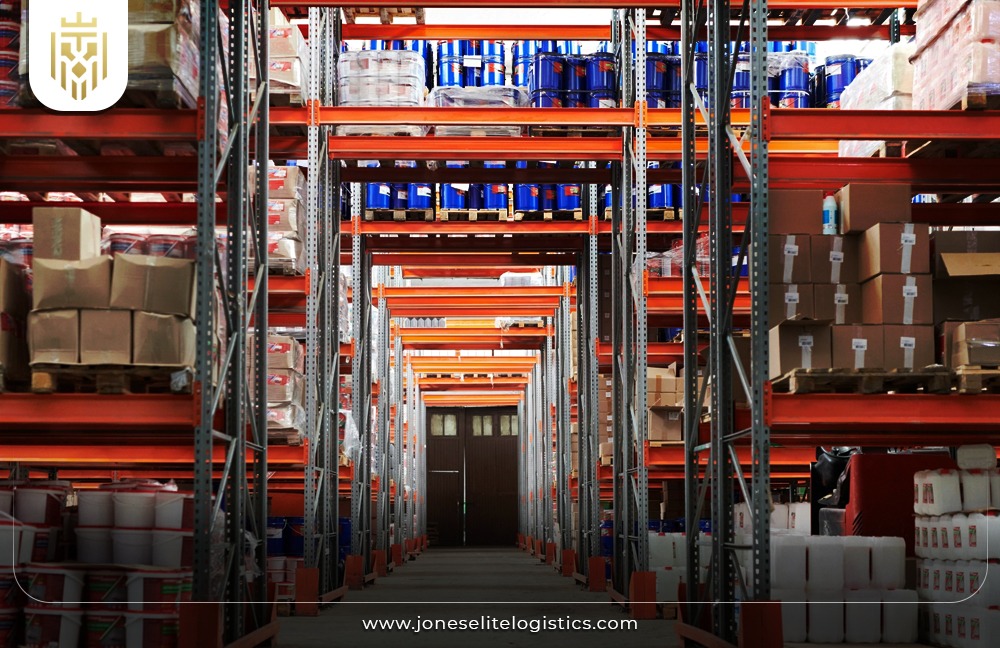
Role of Public warehouses in the supply chain:
Public warehouses play a large role in ensuring customers receive their goods on time and in perfect condition.
Storage and Inventory Management:
They are a very important component in storage and inventory functions where they offer space to store the goods and use the most modern systems for inventorying. They assist in making sure that stock reserves are at the right level, cutting on the volume of inventory, and proper management of the inventory turnover.
Distribution and Order Fulfillment:
Public warehouses help in distribution and order fulfillment since they are fully involved in picking and packing, as well as shipping. This involves facilitating the correct flow of materials and other inputs in the supply chain by guaranteeing timely delivery of products to the consumers resulting in improvements in the level of service delivered.
Value Added Services:
Some of the services that public warehouses provide include those involving; packaging, labeling, assembly, and kitting. These services will improve the status of the product in the market, will decrease the lead time, and will bring efficiency to the supply chain system.
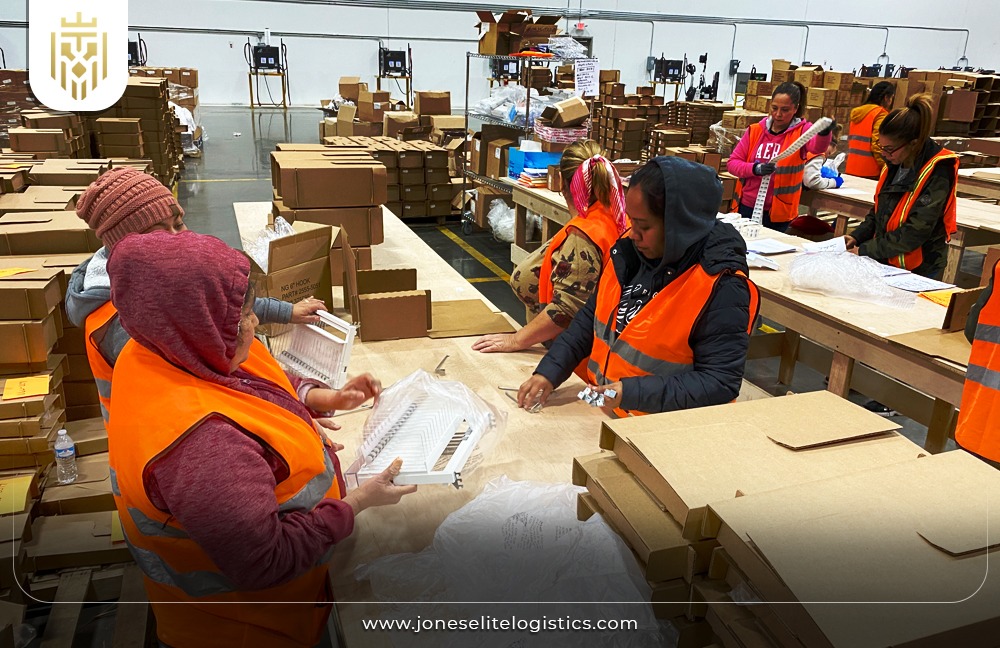
Challenges Of Public Warehouse:
Along with benefits, public warehouses come with a set of challenges to be tackled. The ideal approach would be to ensure the benefits outweigh the risks. We shall look at some of these challenges:
Increased Risk:
Public warehousing means sealing and depositing in one’s own bags or containers and comes with higher risks since the products are placed together with those of other companies. This can lead to potential complications of confusion, cross contaminations, or destruction of goods in the process if the warehouse does not demonstrate sound handling and storage procedures.

Limitation Of Customised Services:
Public warehouses serve a broad range of customers and as such may not direct their services toward satisfying the needs of an individual business. Standardization can be disadvantageous in the sense that it does not meet every client’s needs entirely so happens to quality and satisfaction.
Communication:
Communication between the business and the public warehouse is an essential aspect, and concerns should be addressed directly. This results in operational problems because information flows might be distorted or delayed and consequently impact how orders are handled and managed as well as differences in inventory records.
Lack of Specialised Services:
Some of the public warehouses cannot afford to offer the specific services needed for specific products like perishable goods or products that need handling with lots of precautions. This can in turn limit the kinds of products that can be stocked and handled through these facilities by businesses.
Maximize Efficiency and Reduce Costs Services with Jones Elite Logistics:
Jones Elite Logistics provides efficient logistics solutions and public warehousing services mainly to various companies to improve productivity and decrease expenses. They provide sophisticated capabilities in stock control, pliant space facilities, and points of presence to enhance value chains. Their additional services like packing that is customized and inventory tracking that is immediate improve functionality and reduce expenses. Consequently, businesses can leave logistics to professionals and concentrate on processes that are detrimental to the achievement of their objectives, as shall by Jones Elite Logistics.
FAQs
1) What are Public Warehouses?
Public warehouses are premises for storing goods that belong to various companies; these premises are rented out to various companies for this purpose. They provide temporary working environments without forcing companies in this regard to acquire and maintain their storage facilities.
2) What are the advantages of Public Warehouses?
The benefits include variability of location and tenure of storage, non-use of capital to fund the warehousing, expanding with business expansion, accessibility convenience to curtail transportation costs, warehousing organization, and securitization.
3) What are the challenges of Public warehouses?
The limitations of public warehouses are misselection or damage of shipment, inability to meet distinctive requirements, language barrier, and deficiency in special services for certain kinds of goods.
4) What are the types of Public Warehouses?
Based on item types, there are cold storage public warehouses for chilling sensitive products, special commodity public warehouses for non-standard items, bond public warehouses for storing items without paying tariffs, on-demand public warehouses for short-term use, and general merchandise public warehouses for storing nonperishable goods.





